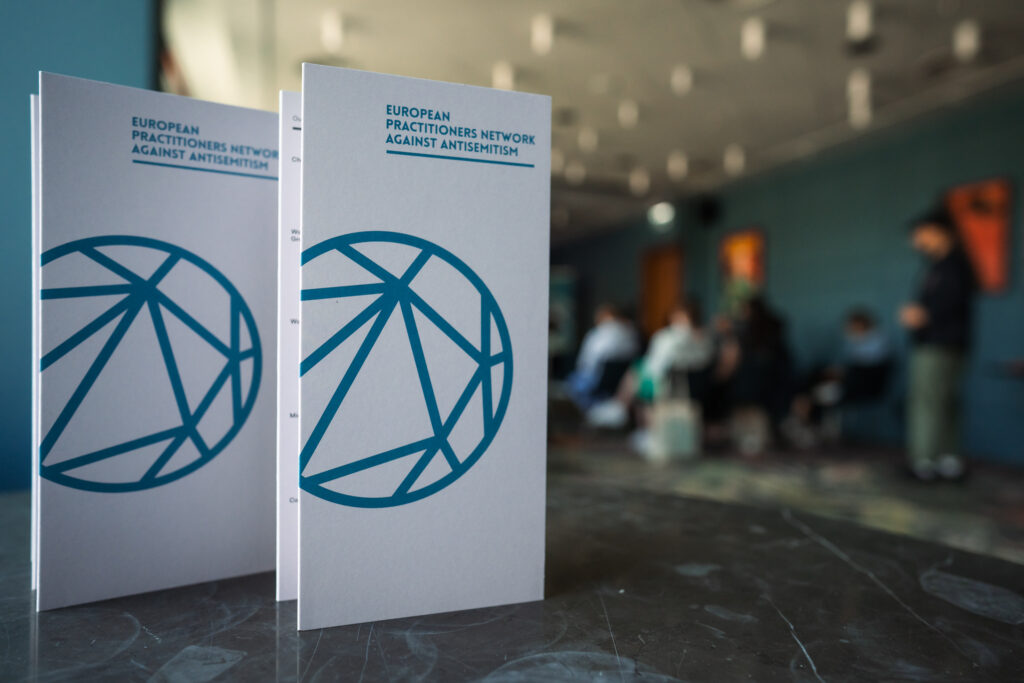
By HAWA
Workshop Report: EPNA Workshop in Łódź, June 10-12, 2024
More Liberalism, Less Antisemitism? In Times of Political Change: Finding Reliable Partners for Europe’s Pluralistic Future
The European Practitioners Network Against Antisemitism (EPNA) conducted its third gathering in Łódź, Poland, from June 10 to 12, 2024. The event, held in collaboration with the Marek Edelman Dialogue Center, brought together 30 practitioners and scholars from nine European countries to analyze the connections between the workings of liberal democracies and the prevalence of antisemitism within society. The workshop provided examples of how antisemitism is used to divide society, particularly in more illiberal democracies.
Key Discussions and Insights
In light of recent EU election results and the rise of right-wing populist parties, the importance of civil society alliances was a focal point. The workshop examined Poland’s political, social, and legal landscapes, particularly following the election of Donald Tusk and the subsequent reversal of previous authoritarian measures implemented by the PiS party. The discussions underscored the link between democratic principles and the effective combat against antisemitism.
Overcoming Authoritarian Structures:
Jakub Jaraczewski from Democracy Reporting International highlighted the challenges faced by the Polish government in restoring the rule of law. He emphasized the resilience of Poland’s decentralized civil society, which played a crucial role in last year’s political change. The discussion also highlighted Poland’s status as a ‘monocultural’ society, which poses challenges for tolerance and acceptance of diversity. Examples included anti-Ukrainian sentiments and xenophobic conspiracy theories, many of which incorporate antisemitic elements.
Status Quo of Antisemitism in Poland:
Anna Zielinska from the Czulent Jewish Association reported a dramatic rise in antisemitic incidents since October 2023, with 90.5% occurring online. The EPNA network emphasized the need for decisive action from Poland’s local and national political decision-makers as well as from civil society to address this growing issue.
Definitions and Controversies:
A critical discussion explored the different definitions of antisemitism. This session focused on whether these definitions are helpful for practitioners working on the ground, highlighting the complexity and nuances in understanding and addressing antisemitic ideologies.
Practical Exchanges and Networking
The workshop facilitated practical exchanges among European practitioners. Representatives from organizations like Wolny Klub Sportowy, Never Again Association, and Czulent Jewish Association shared their experiences and strategies. These sessions, termed “practitioners meet,” fostered strategic collaboration and intense discussions in small groups, transferring knowledge by exchanging best practices.
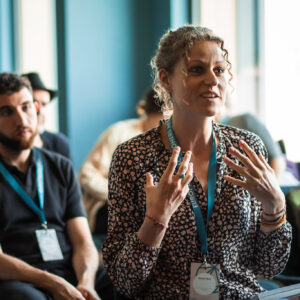

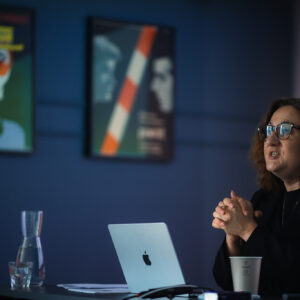
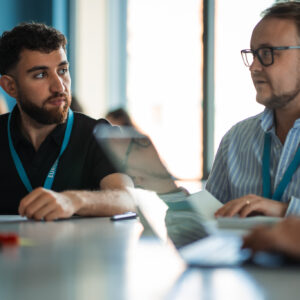
Cultural and Historical Engagement
Participants went on a guided tour through the city center of Łódź, observing the city’s recent transformations and visiting sites of the former Jewish quarter, which was fully destroyed by the Nazis during WW2. After the workshop, Jolanta Lechowska-Białecka from the Marek Edelman Dialogue Center guided some participants through the Dialogue Center and the Jewish cemetery of Łódź, deepening their understanding of the local Jewish heritage.

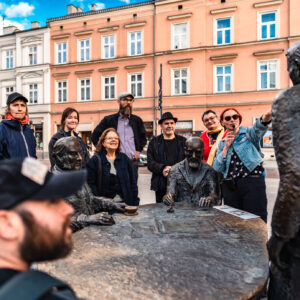
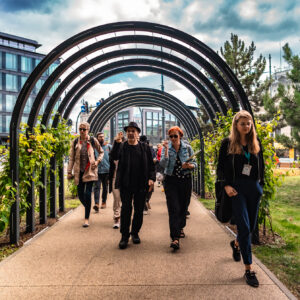

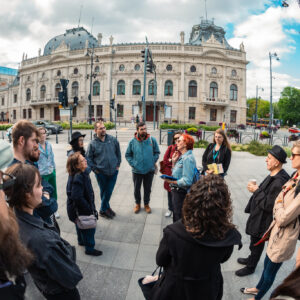
Conclusion
The workshop was a resounding success, strengthening the bonds among EPNA members and advancing their collective efforts against antisemitism. The event underscored the importance of democratic values and structures like the rule of law in combating hate and promoting a pluralistic society.
The next EPNA meeting is scheduled to take place in Serbia in the fall of 2024, continuing the network’s mission of fostering cooperation and sharing expertise in the fight against antisemitism.

By HAWA

By pixabay